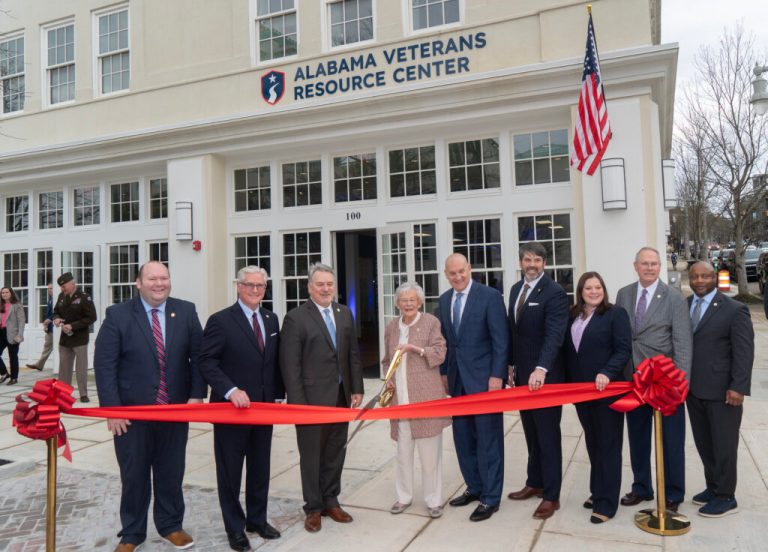Reviewed by: Nathan Watson
28 Alabama cities submit medical marijuana ordinances and resolutions to state board
Reading time: 3 minutes

The Alabama Medical Cannabis Commission has received an ordinance or resolution from 28 Alabama cities and counties to allow the sale of medical marijuana in their community.
The latest resolution to pass was Northport, Alabama on October 24th.
Below is the list of cities and counties that have submitted resolutions or ordinances (links) to the Commission:
- Alexander City
- Birmingham City
- Butler County
- Cowarts City
- Cullman City
- Cullman County
- Daphne City
- Demopolis City
- Dothan City
- Enterprise City
- Foley City
- Gadsden City
- Glencoe City
- Good Hope City
- Houston County
- Huntsville City
- Killen City
- Loxley City
- Macon County
- Midfield City
- Montgomery City
- Northport City
- Opelika City
- Owens Cross Roads City
- Russell County
- Russellville City
- Spanish Fort City
- Tuscaloosa City

According to the Tuscaloosa Thread, the Alabama Medical Cannabis Commission has received more than 600 requests from businesses to apply to sell medicinal marijuana, and those businesses now have until the end of 2022 to fill out those forms and return them along with a $2,500 application fee. The AMCC will then grant or deny all applications in late June 2023 and issue business licenses in July, which is likely the earliest communities may consider proposals to open dispensaries locally.
The New Alabama Medical Marijuana Law

Alabama’s Medical Marijuana law, which was passed in May 2021, did not legalize recreational use. Its purpose was to address a wide variety of medical conditions.
Under Alabama’s program, patients who have been diagnosed with the following medical conditions may be recommended medical cannabis:
- Autism spectrum disorder
- Cancer-related pain or nausea
- Crohn’s Disease
- Depression
- Epilepsy or conditions causing seizures
- HIV/AIDS-related nausea or weight loss
- Panic disorder
- Parkinson’s Disease
- Persistent nausea
- Post-traumatic stress disorder (PTSD)
- Sickle cell anemia
- Spasticity associated with multiple sclerosis or spinal cord injury
- Tourette’s Syndrome
- A terminal illness
- Or conditions causing chronic or intractable pain
Raw plant materials, products administered by smoking or vaping or food products such as cookies or candies will not be allowed under this program. Tablets, tinctures, gels, oils or creams, transdermal patches and more may be recommended to patients. See the full list of allowed products.
The commission is also handling applications for cultivators, processors, transporters, testing labs, dispensaries and integrated companies performing multiple functions with licenses.
“Throughout the development of the program, the Commission’s focus has been to ensure that future patients receive high quality, safe and affordable products. That focus will continue as we begin to evaluate medical cannabis business applicants. We hope our efforts will foster a model program, where Alabama’s medical cannabis business licensees are providing qualified patients with safe products that they can trust.”
Dr. Steven Stokes, Commission Chairman and Oncologist, Alabama Medical Cannabis Commission
Fairhope Denies Passage of Resolution
Even though some of Alabama’s biggest cities—including Huntsville, Birmingham and Montgomery—have passed ordinances and resolutions, less than 5% of the state’s 461 cities and 67 counties have approved medical marijuana measures.
Support has not been unanimous. In October, the City of Fairhope defeated a medical marijuana proposal.
Learn More
To learn more about Alabama’s Medical Cannabis Commission and program, visit:
Stay up to date with the latest in Alabama—sign up for our FREE newsletter and follow us on Facebook, LinkedIn + Instagram.



